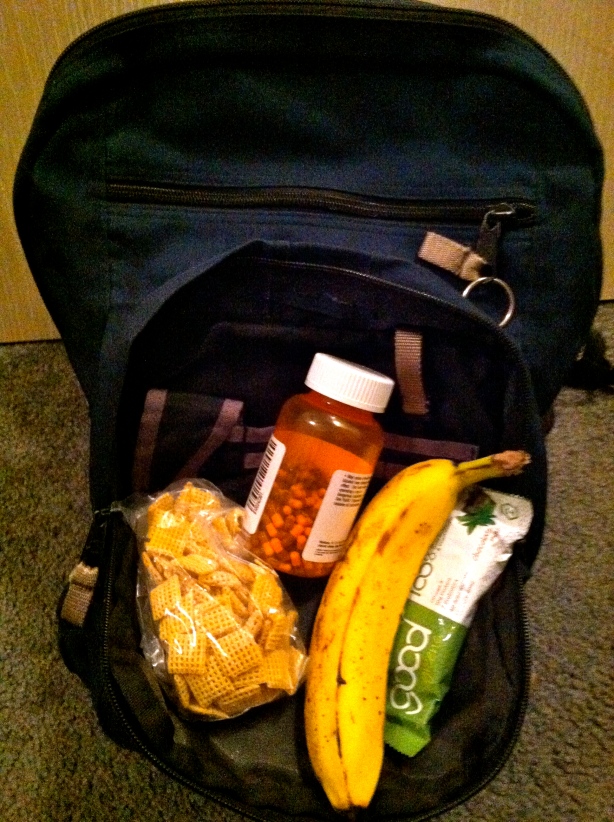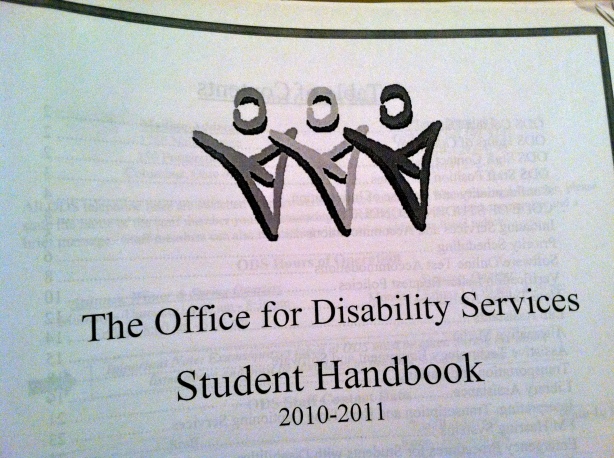In my last post, I wrote that you should feel comfortable talking to your doctor about drinking alcohol, even if you’re underage. Writing that made me think about the importance of having a gastroenterologist who you trust completely.
In the 11 years I’ve had Crohn’s, I’ve had four different GI docs, and I’ve been lucky enough to have a strong relationship with just about each of them. There was one, however, who I just didn’t feel right about. This doctor was not as warm and friendly as the others, and she often didn’t take the time to explain things to me, such as why I was starting a new medication or what a procedure would do for me. Although I was young at the time- probably in my early teens- I wanted to be spoken to like an adult because, after all, Crohn’s did make me a more mature person, and I wanted to be treated as such.
Because I always left those appointments feeling irritated and bad about myself, I eventually decided to make a change. I didn’t trust that doctor enough to be completely honest with her, which is essential when you’re literally trusting another person with your life. After talking it over with my mom (who, as it turns out, had the same reservations I did), I switched doctors and found someone who I felt much more comfortable with.
I think it’s important for Crohn’s patients to remember that you have complete control over your own care. If you don’t like something, or someone, you can make a change. This is something that often goes over younger patients’ heads because it often feels like our choices are being made FOR us instead of BY us. When I was 11-years-old and newly diagnosed, I actually preferred it that way because I was new to the world of gastroenterologists and colonoscopies and steroids. But as I became more accustomed to all those things, I started to take more control over my care, including making the decision about who I wanted to take care of me.
Bottom line is, your doctor should be like a guardian for you who will make the best possible decisions on your behalf, and that person is not always easy to find. That’s why it’s so important to evaluate the care you’re being given and make sure you trust your doctor enough to feel comfortable asking them anything. Remember you’re in control!
And just as an end note, a number of years after I stopped seeing the aforementioned unfriendly doctor, I crossed paths with her after my colectomy. She was one of the doctors assigned to my case and, though I was initially less than thrilled to see her again, we ended up seeing eye-to-eye on everything and I began to like her a lot more. All’s well that ends well. 🙂










